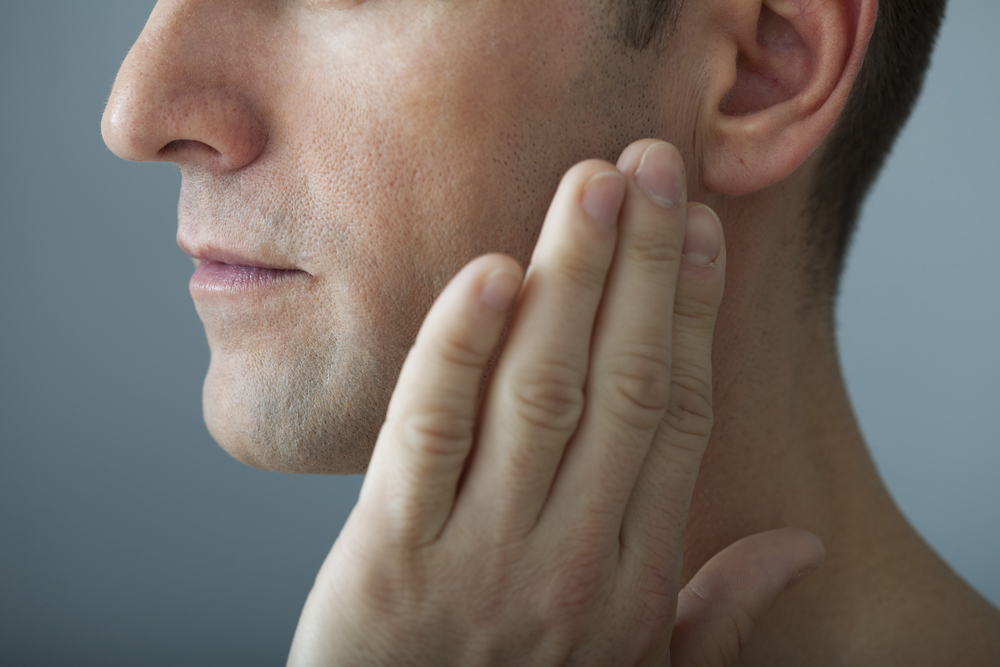Athletes dedicate their lives to training, honing their skills, and ultimately surpassing the competition. However, amidst the rigorous training regimens and intense competitions, many athletes face a hidden adversary: jaw pain caused by temporomandibular joint (TMJ) disorders. Understanding the connection between sports and TMJ disorders is crucial for athletes to maintain peak performance while ensuring their overall health.
What is TMJ?
The temporomandibular joint connects the jawbone to the skull, allowing for essential movements such as chewing, speaking, and yawning. TMJ disorders encompass a range of conditions affecting this joint and the surrounding muscles. Symptoms can include jaw pain, clicking or popping sounds, difficulty opening the mouth, headaches, and even ear pain. These symptoms can significantly hinder an athlete’s ability to perform, leading to decreased performance and potential long-term consequences.
The Link Between Sports and TMJ Disorders
Athletes often subject their bodies to immense physical strain, and the jaw is no exception. Several factors contribute to the prevalence of TMJ disorders among athletes:
1. Physical Trauma
Contact sports, such as football, hockey, and wrestling, often result in physical impacts that can lead to TMJ injuries. A direct blow to the jaw can dislocate or damage the temporomandibular joint, resulting in acute pain and dysfunction. Even non-contact sports, such as basketball or soccer, can involve falls or collisions that impact the jaw.
2. Bruxism
Many athletes experience bruxism, a condition characterized by grinding or clenching of the teeth, often due to stress and anxiety during competitions. The heightened pressure to perform can lead to increased muscle tension in the jaw, exacerbating TMJ disorders. Over time, the repeated grinding can wear down the teeth, strain the jaw muscles, and lead to chronic pain.
3. Poor Posture
Athletes often develop muscle imbalances and poor posture from repetitive motions in their sports. For example, weightlifters may exhibit tightness in the shoulders and neck, leading to compensatory movements that strain the jaw. This tension can affect the TMJ, resulting in discomfort and pain that can hinder performance.
4. Mouthguards and Dental Appliances
While mouthguards are essential for protecting teeth during contact sports, improper fitting or prolonged use can lead to discomfort in the jaw. Athletes may experience jaw pain if the mouthguard does not fit well or if they are not accustomed to wearing it. It is vital for athletes to work with dental professionals to ensure their mouthguards provide adequate protection without causing TMJ issues.
Symptoms of TMJ Disorders in Athletes
Athletes experiencing TMJ disorders may notice several symptoms, which can range from mild to severe:
– Jaw Pain: Persistent pain in the jaw joint or surrounding muscles can interfere with an athlete’s ability to chew, speak, or perform at their best.
– Headaches: TMJ disorders often lead to tension headaches, which can further impede an athlete’s performance.
– Clicking or Popping Sounds: Many athletes report hearing clicking or popping sounds when opening or closing their mouths, indicative of joint dysfunction.
– Limited Jaw Mobility: Difficulty opening or closing the mouth fully can restrict an athlete’s ability to eat, speak, and perform oral exercises.
– Ear Pain or Discomfort: Since the TMJ is located near the ears, athletes may experience ear pain or a sensation of fullness in the ears.
Addressing TMJ Disorders in Athletes
For athletes experiencing jaw pain or other TMJ-related symptoms, early intervention is essential. Here are some strategies to address TMJ disorders and maintain performance:
1. Consult a Professional
Athletes should seek help from healthcare professionals specializing in TMJ disorders. Dentists, orthodontists, and physical therapists can assess the condition and recommend appropriate treatment options.
2. Physical Therapy
Physical therapy can be highly effective in alleviating TMJ pain. A trained therapist can design a personalized program that includes exercises to strengthen the jaw and neck muscles, improve posture, and reduce tension.
3. Stress Management
Reducing stress is crucial for preventing bruxism and managing TMJ disorders. Techniques such as meditation, deep breathing, and yoga can help athletes manage anxiety and tension, improving their overall performance while decreasing the likelihood of jaw pain.
4. Custom Mouthguards
Working with a dentist to create a custom-fitted mouthguard can provide the necessary protection for athletes while minimizing discomfort. A well-fitted mouthguard can reduce the risk of jaw strain and bruxism during high-stress situations.
5. Jaw Exercises
Gentle stretching and strengthening exercises can help relieve tension in the jaw muscles. Athletes can incorporate specific jaw exercises into their routines to enhance flexibility and strength, reducing the risk of TMJ disorders.
As athletes strive to surpass the competition, they must not overlook the importance of their overall health, including the health of their TMJ. Understanding the connection between sports and TMJ disorders can empower athletes to take proactive steps in managing their jaw pain. By seeking professional help, adopting stress management techniques, and incorporating preventive measures into their routines, athletes can maintain optimal performance and enjoy their sports without the burden of TMJ-related issues.
With awareness and action, athletes can overcome the challenges posed by TMJ disorders and continue their pursuit of excellence in their chosen sports.



